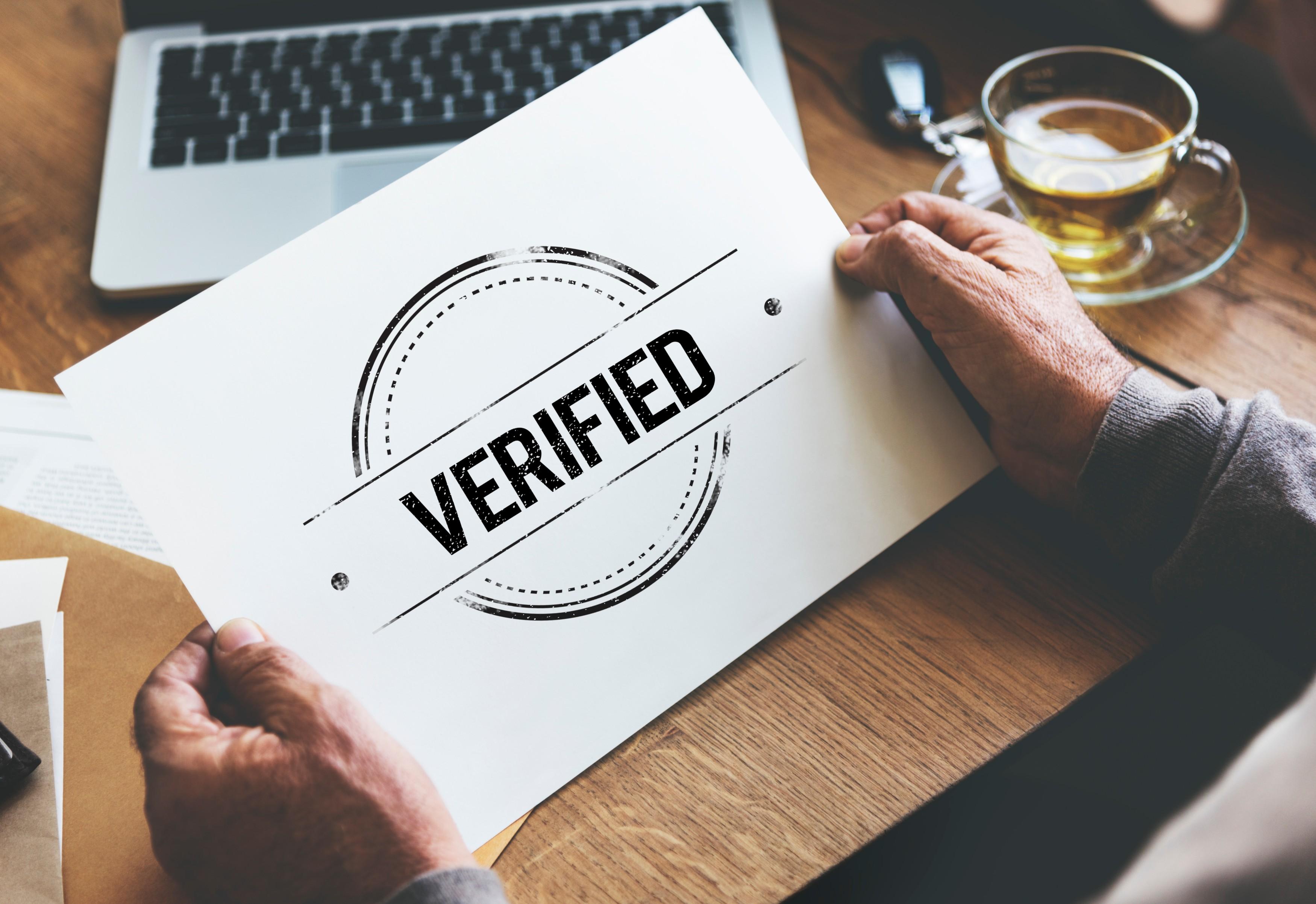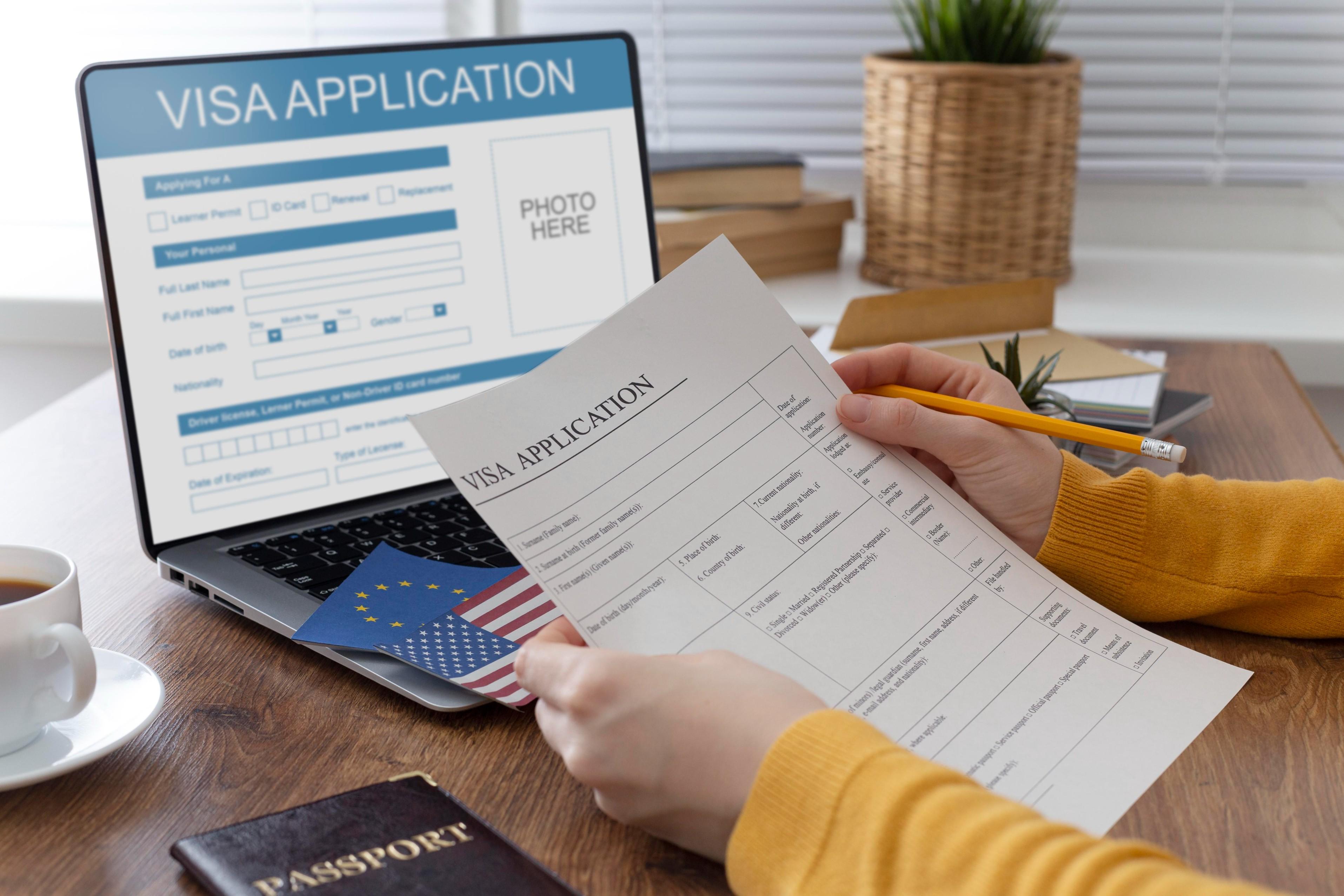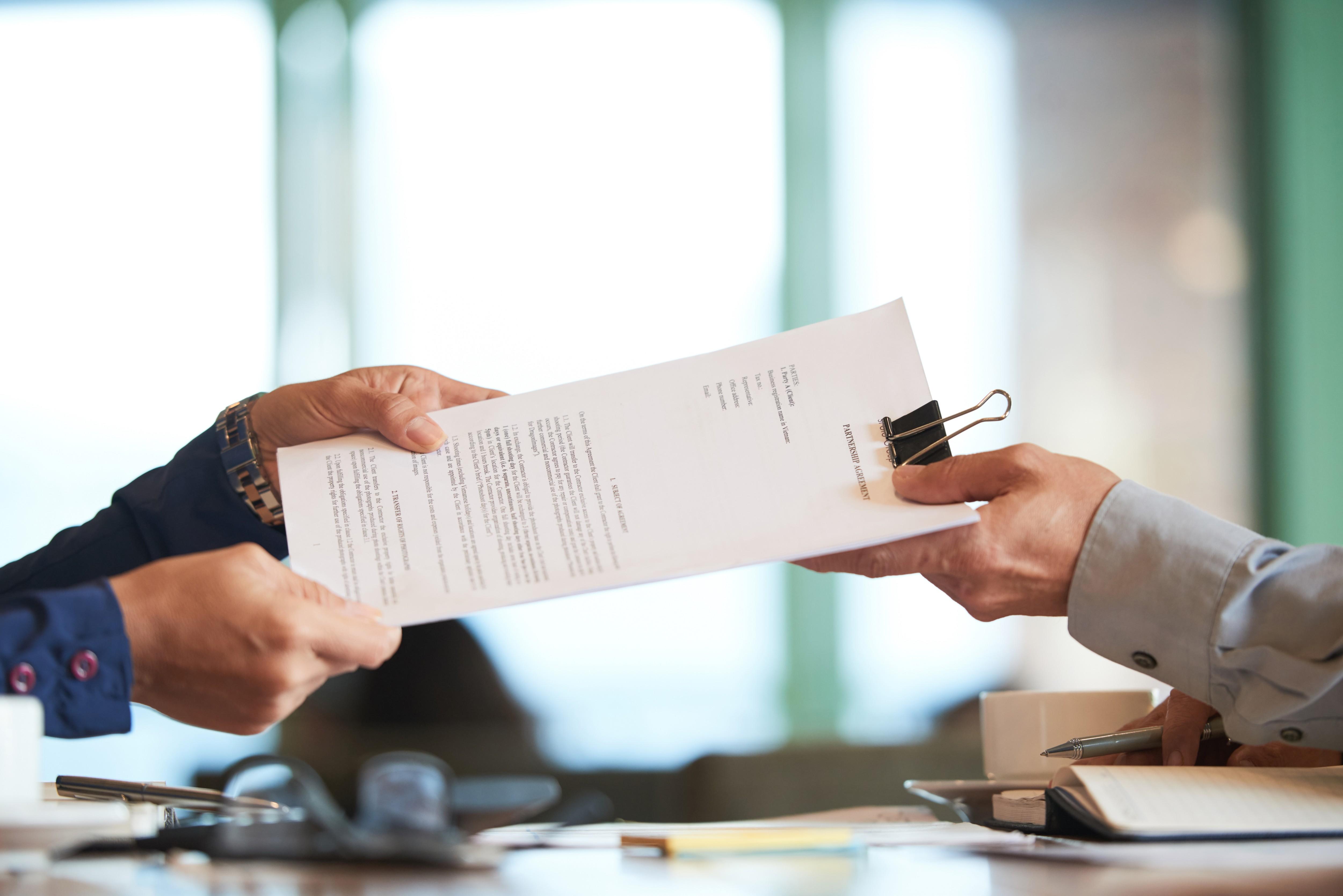

Table of Contents
- What is a Police Verification Certificate?
- When is a Police Verification Certificate Required?
- Proceess of Obtaining Police Verification Certificate - Residents of India who are Indian Nationals
- Indian Nationals Residing in Countries other than India
- Inhabitants of India who are Foreign Nationals
- Documents Required for Police Verification
- The Validity of a Police Verification Certificate
- Applying for a Police Verification Certificate Online
- Conclusion
- Faq's
A Police Verification Certificate (PVC) is an official document issued by the Indian police authorities that confirms an individual's identity and verifies whether they have any criminal record. This certificate serves as a crucial document for various purposes, including obtaining a passport, applying for certain jobs, and pursuing international travel.
In this comprehensive guide, we will explore the intricacies of the police verification process, the documents required, and the steps to obtain a PVC in India.
What is a Police Verification Certificate?
A Police Verification Certificate is a document that provides an official confirmation of an individual's identity and background. It is issued by the local police authorities after conducting a thorough investigation into the person's history and any potential criminal records.
The primary purpose of a PVC is to ensure the safety and security of the public by verifying the credentials of individuals who are seeking employment, applying for a passport, or engaging in other activities that require a high level of trust and reliability.
 What is a Police Verification certificate?
What is a Police Verification certificate?
When is a Police Verification Certificate Required?
A Police Verification Certificate may be required in the following situations:
Passport Application
When applying for a new passport or renewing an existing one, the submission of a PVC is a common requirement. The police verification process helps the passport authorities confirm the applicant's identity, address, and any potential criminal history. This is crucial to ensure the integrity of the passport issuance system and prevent any fraudulent activities. The PVC serves as a reliable document that vouches for the applicant's credentials, allowing the passport office to make an informed decision about the application.

Employment
Many organizations, both in the public and private sectors, mandate the submission of a PVC as part of the employee verification process. This is particularly true for positions that involve access to sensitive information or critical infrastructure. Employers need to ensure that the individuals they hire are trustworthy and do not have any criminal records that could pose a risk to the organization or its operations. The PVC helps employers make informed hiring decisions and maintain a safe and secure work environment.
Visa Application
Some countries may request a PVC as part of the visa application process, especially for long-term visas or for individuals seeking to work or settle abroad. The PVC helps the visa-issuing authorities in the destination country to verify the applicant's background and ensure that they do not have any criminal history or other red flags that could pose a security risk. This is particularly important for visas that grant extended stay or work privileges, as the host country wants to be confident in the integrity of the individuals they are allowing to enter and reside within their borders.

Marriage Alliances
In certain cases, a PVC may be required for marriage alliances, as it helps to verify the background and character of the individuals involved. This is done to ensure that the prospective partners do not have any criminal records or other concerning issues that could impact the stability and well-being of the marriage. The PVC serves as a tool to build trust and transparency between the families involved in the marriage alliance, allowing them to make informed decisions about the suitability of the match.
Security-Sensitive Roles
Individuals seeking employment in security-sensitive roles, such as airport staff, security guards, or domestic helpers, may be required to obtain a PVC. These positions often involve access to sensitive areas, handling of critical infrastructure, or close interaction with vulnerable individuals. The PVC helps employers and authorities to verify the applicant's background and ensure that they do not have any criminal history or other red flags that could compromise the safety and security of the workplace or the individuals they are entrusted to protect.

Educational Institutions
Students attending training camps or seeking apprenticeships at public sector undertakings may need to provide a PVC. This requirement is in place to ensure that the individuals participating in these programs do not have any criminal records or other concerning issues that could disrupt the learning environment or pose a risk to the institution or its stakeholders. The PVC serves as a means of verifying the student's background and maintaining the integrity of the educational or training programs.
In all these scenarios, the Police Verification Certificate plays a crucial role in establishing the trustworthiness and reliability of the individuals involved, helping to safeguard the interests of the organisations, institutions, or individuals who require this document as part of their verification process.
Proceess of Obtaining Police Verification Certificate - Residents of India who are Indian Nationals
The process of obtaining a Police Verification Certificate can vary slightly depending on the applicant's nationality and current residence. However, the general steps are as follows:
Visit the Passport Seva Kendra:
Indian nationals residing in India must submit their application for police verification through the Passport Seva Kendra (PSK) or the designated police station.
Register Themselves and Fill out the Application Form
Applicants need to get themselves registered and fill out the necessary application form, which can be obtained from the PSK or downloaded from the official website.
Provide Supporting Documents
Applicants must submit a set of supporting documents, which may include a copy of their Aadhaar card, PAN card, voter ID, and recent passport-size photographs.
Police Verification Process
The local police authorities will then initiate the verification process, which may involve a visit to the residence or workplace of the applicant to confirm the information provided in the application. It usually takes anywhere from 15 to 20 days to receive a response after the initial date of application. Applicants will have to compulsorily be present during the verification.
Receive the Certificate:
Once the verification process is complete and the applicant is cleared, the PVC will be issued and delivered to the applicant.
Indian Nationals Residing in Countries other than India
Apply through the Indian Embassy/Consulate:
Indian nationals residing outside of India must apply for the PVC through the nearest Indian Embassy or Consulate in the country where they are currently residing.
Provide Necessary Documents
Applicants will need to submit the required documents, which may include a copy of their passport, proof of address, and recent photographs.
Police Verification Process
The Indian Embassy or Consulate will forward the application to the relevant authorities in India, who will then conduct the necessary verification process.
Receive the Certificate
Once the verification is complete, the PVC will be issued and sent back to the applicant through the Indian Embassy or Consulate.
Inhabitants of India who are Foreign Nationals
Apply through the Foreigner Regional Registration Office (FRRO)
Foreign nationals residing in India must apply for the PVC through the Foreigner Regional Registration Office (FRRO) or the designated police station.
Provide Necessary Documents
Applicants will need to submit a set of documents, including a copy of their passport, visa, and proof of address in India.
Police Verification Process
The FRRO or the local police authorities will then initiate the verification process, which may involve a visit to the applicant's residence or workplace.
Receive the Certificate
Once the verification is complete and the applicant is cleared, the PVC will be issued and delivered to the applicant.
Documents Required for Police Verification

The documents required for police verification may vary slightly depending on the applicant's nationality and the purpose of the verification. However, the common documents required are:
Proof of Identity: This may include a copy of the applicant's Aadhaar card, PAN card, voter ID, or passport.
Proof of Address: This may include a copy of the applicant's utility bills, rental agreement, or any other document that can verify their current address.
Passport-size Photographs: Applicants will need to submit recent passport-size photographs, which may be required in both digital and physical formats.
Additional Documents: Depending on the specific purpose of the verification, additional documents may be required, such as a copy of the applicant's employment contract or educational certificates.
The Validity of a Police Verification Certificate
Traditionally, police verification certificates have no specified validity period. However, the validity of the certificate may depend on the requirements of the specific authority or organization that has requested the verification. In some cases, the PVC may need to be renewed periodically, especially if the applicant's personal or professional circumstances have changed since the initial verification was conducted.
Applying for a Police Verification Certificate Online
To streamline the process, many states in India have introduced the option to apply for a Police Verification Certificate online.
This can be done through the official websites of the respective state police departments or the Passport Seva Kendra.
The online application process typically involves the following steps:
Locate the online application portal for police verification on the official website of the state police department or the Passport Seva Kendra.
- Register and create an account on the portal, providing the necessary personal and contact information.
- Complete the online application form, ensuring that all the required fields are filled out accurately.
- Scan and upload the necessary supporting documents, such as proof of identity and address.
- Pay the applicable fee for the police verification process, which can be done online through the portal.
- If required, schedule an appointment with the local police station for the verification process.
- Monitor the status of your application through the online portal and follow up with the authorities if necessary.
- By applying for a Police Verification Certificate online, applicants can save time and avoid the hassle of physically visiting the police station, making the process more convenient and efficient,
https://passportindia.gov.in/AppOnlineProject/user/mPassportPoliceApp
Conclusion
The Police Verification Certificate is a crucial document that plays a vital role in ensuring the safety and security of individuals and the community. Whether you are applying for a passport, seeking employment, or planning to travel abroad, understanding the process of obtaining a PVC is essential.
By following the guidelines outlined in this article, you can navigate the police verification process with ease and ensure that your application is processed smoothly and efficiently. Remember to gather all the necessary documents, submit your application through the appropriate channels, and be prepared to cooperate with the police authorities during the verification process.
With the increasing availability of online application options, the process of obtaining a Police Verification Certificate has become more streamlined and accessible. By staying informed and proactive, you can ensure that your PVC application is processed in a timely manner, allowing you to move forward with your personal or professional goals without any unnecessary delays or complications.
explore further
Latest from Editorials
More from Publications
Resources
Dwello, for every home buyer, is a way to go from 'I feel' to 'I know', at no extra cost.


